Please Watch The Video on our Filmee Keeda Youtube Channel
Think of a world where imagination could never step into reality, and all we would only see reel-like characters with closed eyes. Well, lucky for us, the world is full of writers.
Bringing the best of imagination to our plate and delivering strokes after strokes since 2007, it was a lovely experience talking to Mr. Aseem Arrora, a well-established screenwriter in Bollywood. He started his journey with Nanhe Jaisalmer: A Dream Come True in 2007 and has never looked back since then. This year, he graced us with two stories in different genres – Malang and Chhalaang. While Malang made it big in the theatres in February 2020, Chhalaang opened with flying colors on Amazon Prime in November 2020. Without wasting any more time, here’s what we chit-chatted with him in our latest show, Cinema Unlocked.
You started your journey with Nanhe Jaisalmer: A Dream Come True in 2007; tell us something about it? How did you begin your journey as a screenwriter in Bollywood?
I had first started working as an Assistant Director in a TV show when I came to Bombay. And this was also when people like Suhail Tatari, Anshuman Kishore Singh, and NishikantKamat (late) were doing an outstanding job. And then came the era when Saas-bahu suddenly started ruling the charts. It was when creative heads of every show wanted to have that saas-bahu angle in their show. So, I worked on TV for 3-4 years and found myself close to directing my own. After that, I thought of moving out of the TV because I saw the saas-bahu angle was ruining it all. I mean, I have nothing against it, but forcing it in every show doesn’t make a lot of sense.
So a cousin of mine was making a film called Dhoop, he asked me to be the assistant director on that film and took the job. It was then when I thought of trying my hand at writing. However, there were not many institutes that taught writing as a profession, so it was then when I discovered a website, scriptorama.com, where I started reading screenplays. Then, at home, I wrote my first screenplay. I pitched it to UTV; they liked it and referred it to Samir Karnik, who made Kyun! Ho Gaya Na…
Just fresh out of his first film, Samir wanted to direct his second film. So, he read my story, liked it, and we worked on it for a few months together. Although that film didn’t materialize, he then got into a movie called Nanhe Jaisalmer, a story written by him. He then offered me to co-write it with him. That is how Nanhe Jaisalmer happened, and I found myself on the path of becoming a writer.
You have written your first book, Ranger. When will it be turned into a motion picture?
After Heroes got me a Filmfare nomination, I wrote another film – VaadaRaha with Samir. But this was written before the release of Nanhe Jaisalmer. We thought that Nanhe would do well and we will make a sequel out of it. Keeping in mind the same set of actors, we thought of placing them in different settings and writing a meaningful full story. Since Nanhe couldn’t do well, VaadaRaha couldn’t be a sequel.
Then I thought of writing for more directors. There were a couple of films that didn’t materialize for various reasons, and again I found myself sitting at home with nothing at hand. That’s when I cracked a story, and it turned into “Ranger.” I had first written the screenplay of Ranger, which was also narrated to a couple of stars. Many of them wanted to buy it, but since I wanted to direct it I didn’t sell it off.
Then, my dear friend, KunalKhemmu, suggested me to write a book out of it. Although I was first skeptical of turning it into a book but the reasons he gave me convinced me to convert it into a book. Doing so helped find an audience for it. That’s why Richa came onboard as the co-author of Ranger.
I will soon pitch it and see where it goes.
You have also written for TV shows; what difference did you see while writing for Bollywood and TV industry?
Things are changing now, but when I was doing TV, I did it for two primary reasons: sheer frustration because writers weren’t paid well in the films while TV gave you a priority and held you at a high pedestal.
Then I happened to meet Anurag Basu, who wanted me to write Metro 2 with him. He asked me whether or not I wrote TV. I said no, I had left TV long back and had no reason to go back to it. He contradicted me, saying that I should write for TV because there are many ways you can explore one scene, even he still directs TV. Secondly, TV will always keep your pocket full, so why stop writing for TV. I then wrote a couple of shows like Paanch, P.O.W., Phulwa, and Uttaran. This was a great learning experience with RupaliGuha and Mitali Bhattacharya.
TV works on a limited budget; therefore, aesthetics and quality are always a challenge to achieve. But what most don’t notice is that a long running show manages to appeal to its core audience of Indian women because it churns out something different without falling into a repetitive loop.
From Kya Dillikya Lahore to Chhalaang, which movie has been your best writing experience?
I think Heroes gave me a lot of satisfaction in the earlier years. I come from a Sainik school background. So there’s a lot that came from inside for that film. And then I did Kya Dilli Kya Lahore, again, an outstanding experience. In Malang, working with Mohit Suri gave me such great learning, especially as to how you push your film into a different zone.
Working with Hansal Mehta, Luv Ranjan on Chhalaang was a good experience because there is this strong belief that the audience must be entertained. If they’re (audience) coming to buy your ticket, if they’re coming to give you those two, two and a half hours of their time and their families’ time, then you make sure that they are entertained.
With Chhalaang, Luv Ranjan wanted to tell a straightforward story and have its heart in the right place. Even though both of them (Hansal Mehta and Luv Ranjan) come from different cinema, this film was no less than a marriage.
But if you ask me, the film that I enjoyed writing about the most, then it’s Gorkha. NikkhilAdvani would be directing this film. And I love that script to the core.
This year you had two movies – Malang and Chhalaang. Tell us about the genesis of Malang and Chhalaang. As a writer, how did you get inside a character’s mind? And from which writer did you draw your inspiration?
So with Malang, the idea of that film was Mohit Suri’s, and its genesis came from the situation he was in. I still remember the first time I met him; he said with this film (Malang), I want to get back in the zone I am known for. And he told me clearly that please don’t stop yourself with how dark the content could turn. Just go all out.
While writing the three essential characters, Agashe, Sara, and Michael, we were still discussing a lot and bouncing off. We arrived at a mutual consensus that Agashe needs to entertain more than anything and still be very pivotal to the plot, which is why Agashe is one of those four cops on Advait’s radar.
I thought that maybe I would relate to Advait’s character the most. But Advait being an escapist, which I am not in real life, was a character that came mostly from Mohit’s own experiences. I could relate to Sara the most. Somebody that selfless, somebody who can give a lot, so I could completely relate to her character. I think that was the easiest character for me to write.
The character that challenged me the most was Michael’s. We wrote KunalKhemmu’s character in isolation. There were many references that we used, and we saw a lot of serial killer films and TV shows.
The sequel of Malang has been confirmed; what’s new in this sequel?
I think Mohit Suri is the right guy to talk about this. He is working on a story right now. Right now, he’s busy with another film that is coming out next year, which is the sequel to Ek Villain. I’ve written the screenplay of that. Once it’s sorted, only then would anyone be in a position to talk more about it.
Speaking more about Chhalaang, tell us all about it – how did it started, what inspired you to write this movie?
Chhalaang is Luv Ranjan’s story. So it happened while I was writing another film for him. At that time, he was shooting De DePyaar De in Manali. He had called me there for a writing session with him. And I remember the Hansal sir had also come there for Chhalaang because they were also writing Chhalaang at the same time. And that is where Luv offered me to co-write this film.
So, yeah, while I was writing another film for him. So I told him that comedy is not my zone. And he said, but you’re writing a comedy for me. The other film that I was writing for him was a comedy. I said, yeah, but there is so much hand-holding that you are doing. He said I’ll do it here also, don’t worry. So that is what happened, and then the material was provided to me. Then I wrote it out, and Hansal sir was very encouraging.
Tell us more about your upcoming movies?
There is Bell Bottom. I have co-written this movie with Parveez Shaikh, and it will release in April 2021. Ranjit has shot the film brilliantly, and Akshay sir is looking great. Then there is a sequel to villain, and its shooting will commence in January 2021. Then, I have NikkhilAdvani’s Gorkha. These are the films that I can confirm as of now. There are a couple of other movies, but I don’t think this is the right time to talk about them.

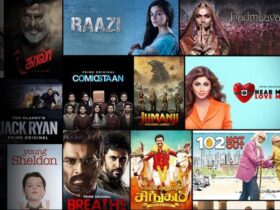
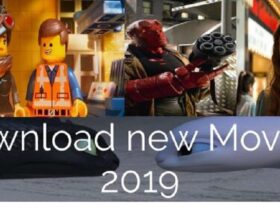



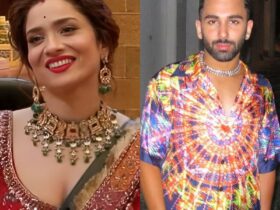
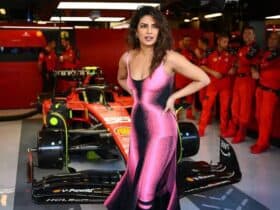
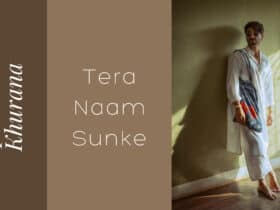
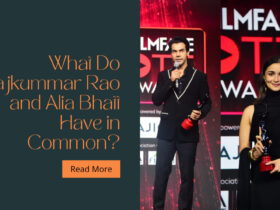




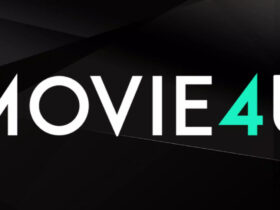

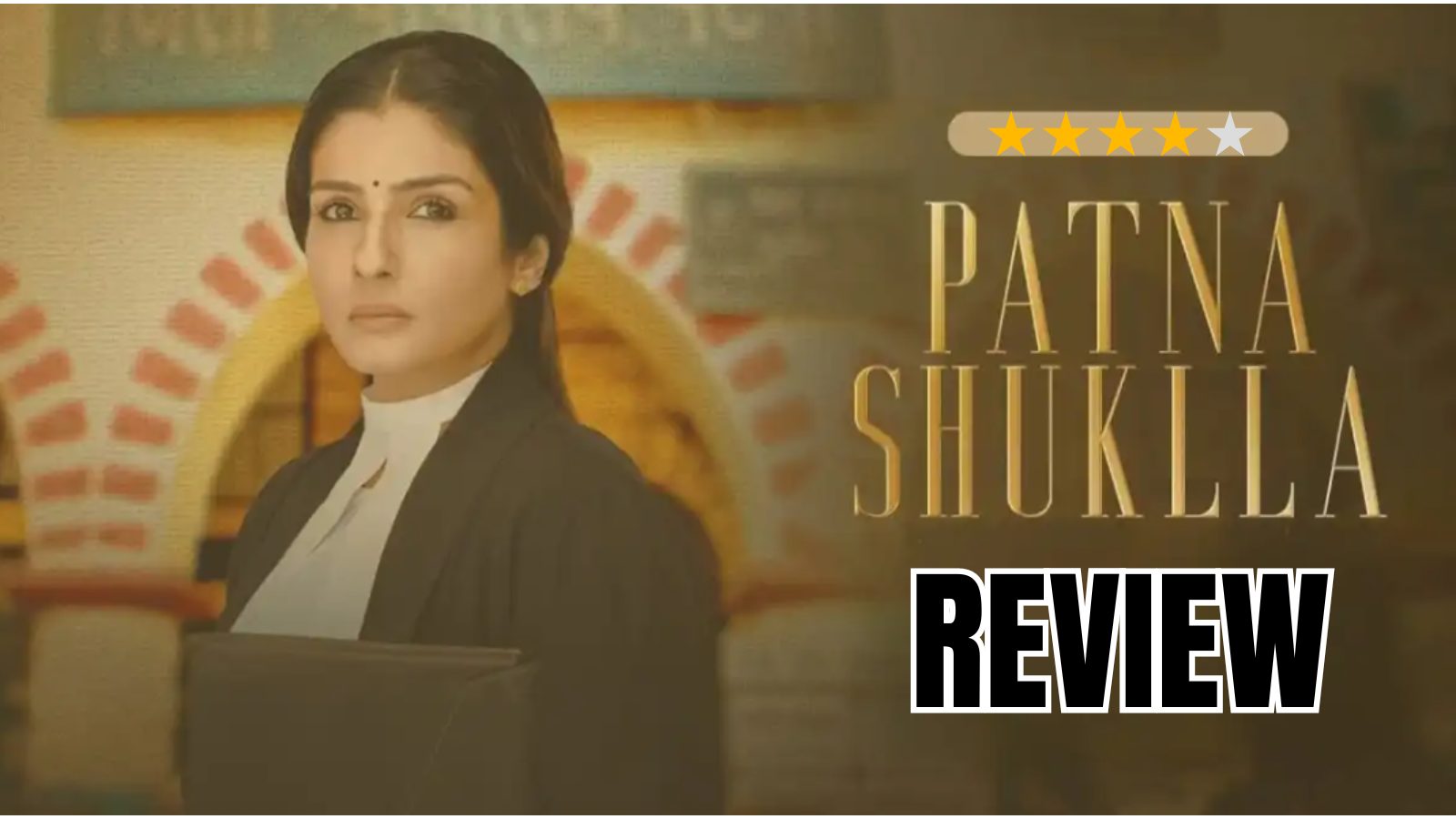
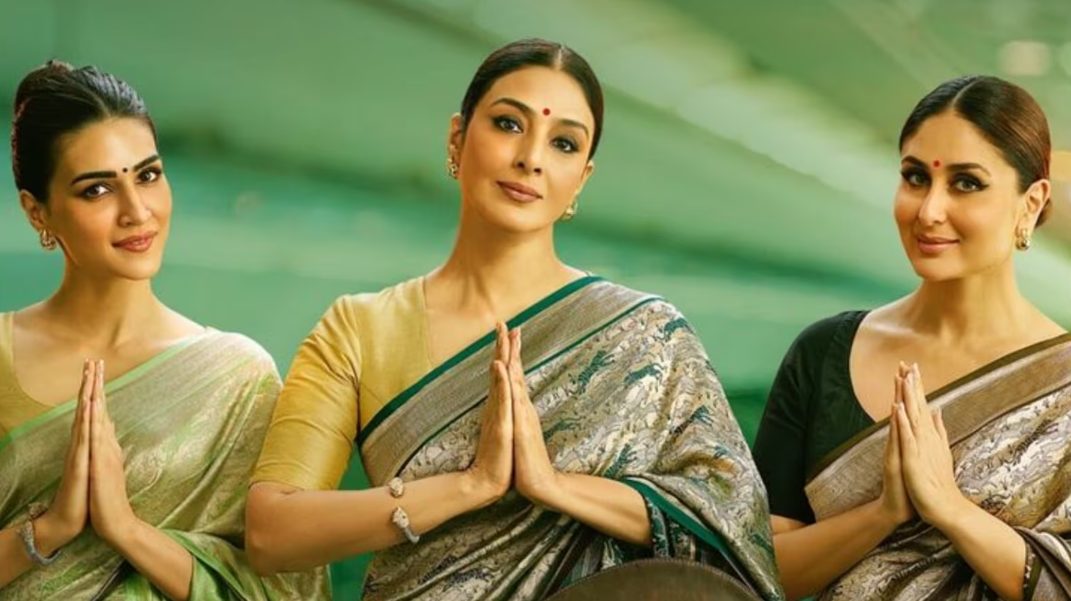
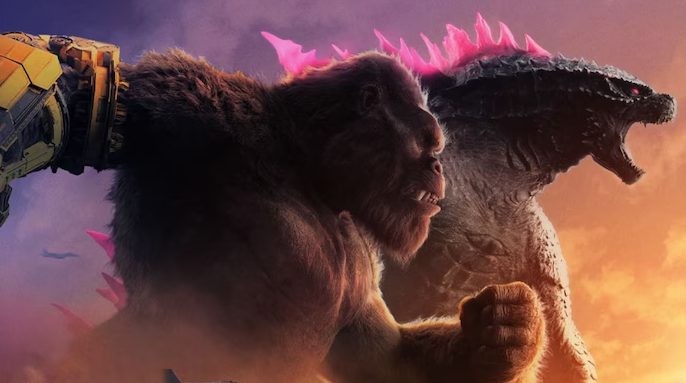

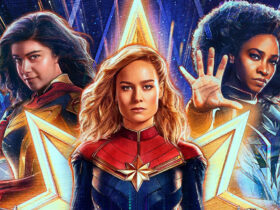


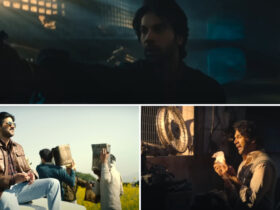





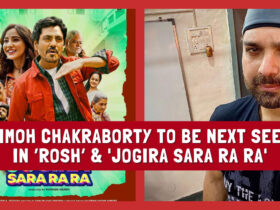
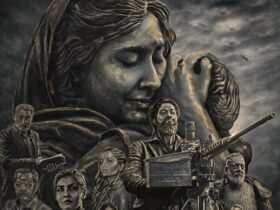
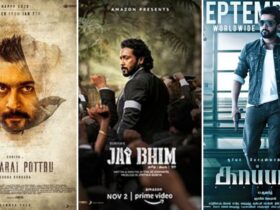
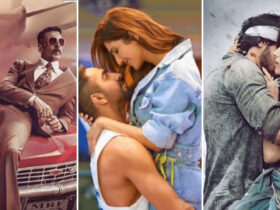
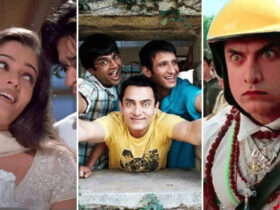

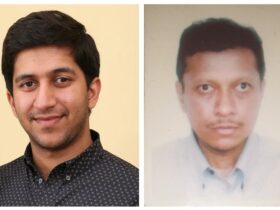

Leave a Reply